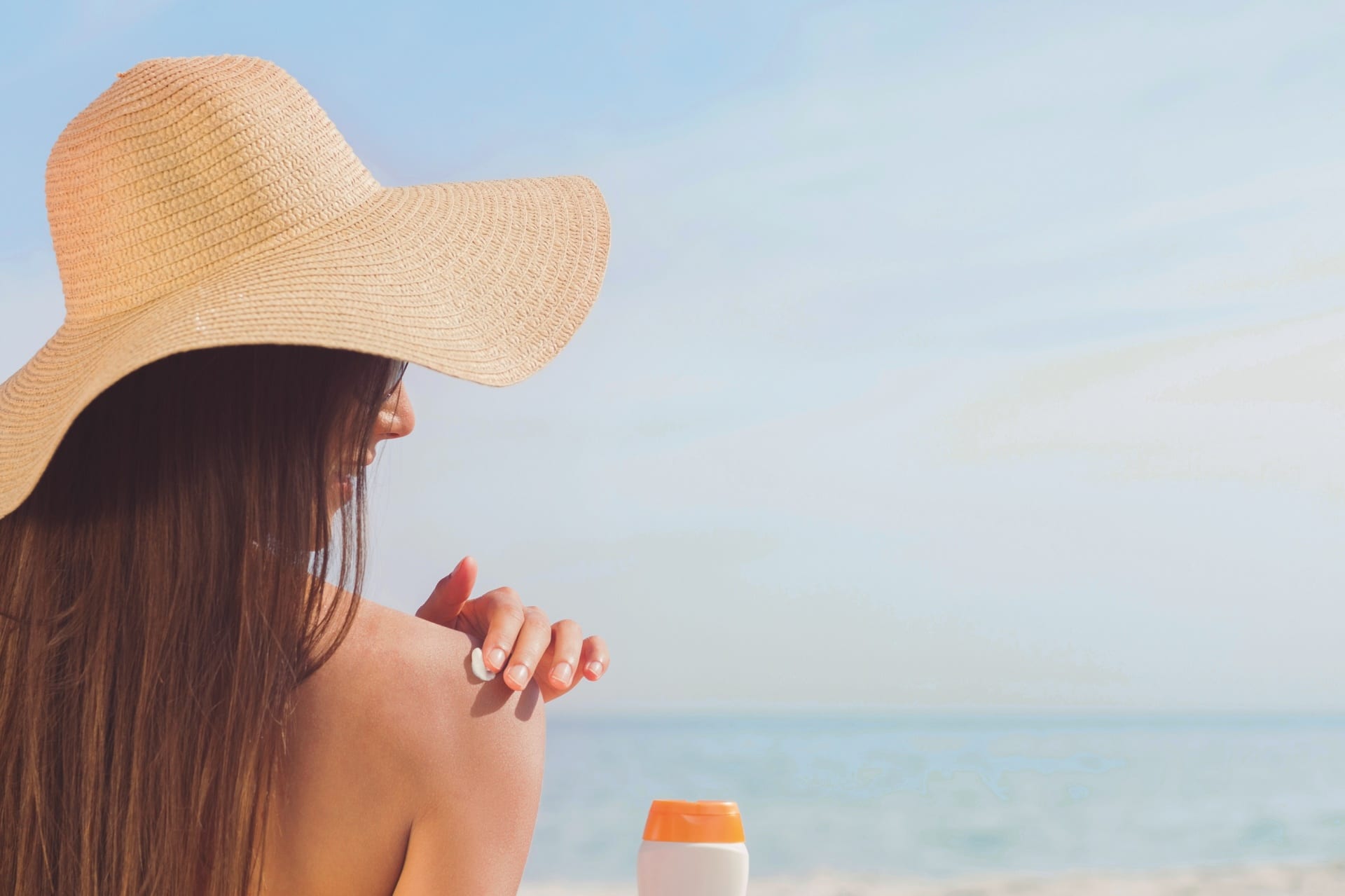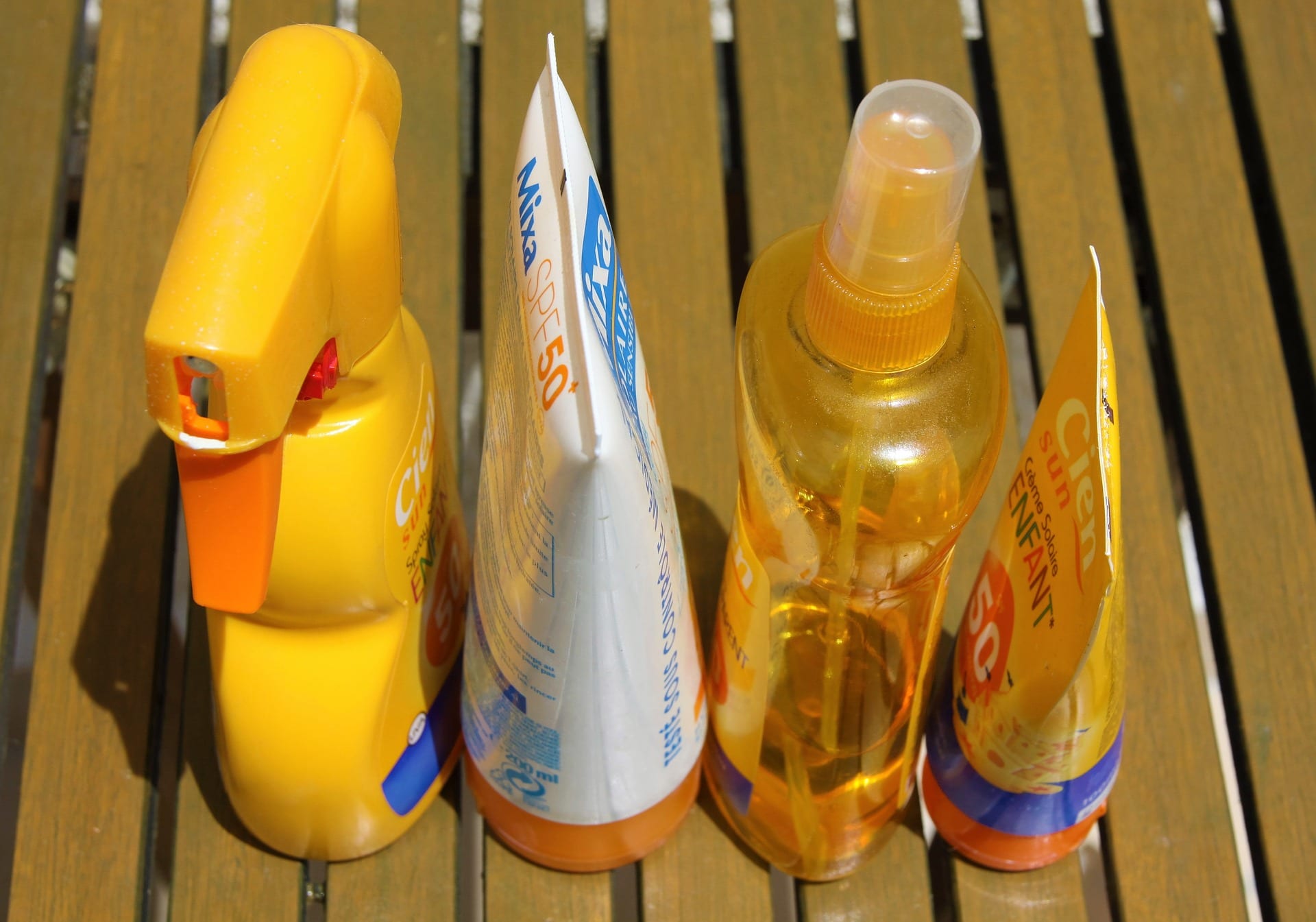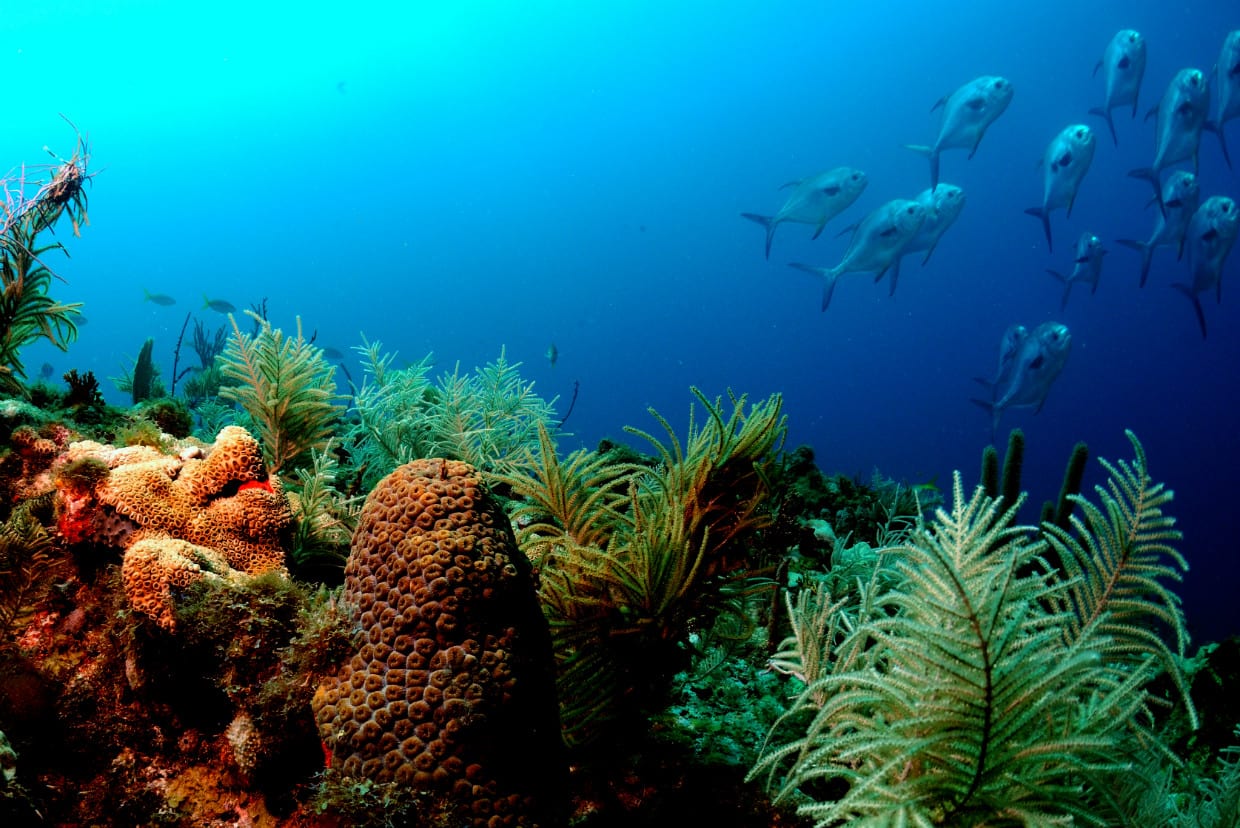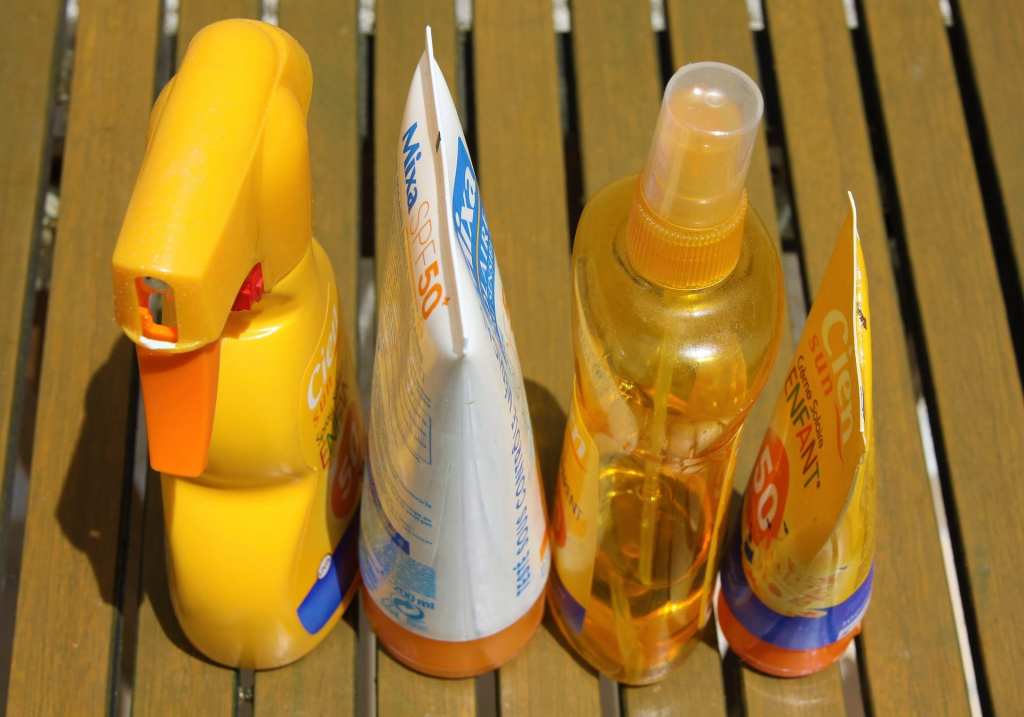More and more sunscreens are claiming to be “reef friendly” these days.

Photo Credit: Public Domain Pictures
A new label on sunscreens allows consumers to see at a glance how safe the product is for ocean life. If you see the words “reef friendly” printed next to an image of a coral, then the sunscreen should be lacking damaging chemicals. Should be…
A couple of years ago, a report about the effects of sunblock use in the oceans was published by the Environmental Contamination Toxicology journal. According to the study, the common sunscreen ingredients octinoxate and oxybenzone are capable of contributing to bleaching in coral reefs.
Since then, Palau, Hawaii and Key West, Florida, have banned consumer use of these sunblock ingredients. Other tropical locations popular with vacationers, like Mexico, advise visitors about the potential of damage.

Photo Credit: Pixabay
Out of concern for the reefs, many companies like ThinkSport and All Good Sport offer coral friendly formulas. Other brands, such as Coppertone (for their Water Babies line) and Alba Botanical use minerals as a blocker. Thankfully, these sunscreen alternatives are easy to find.
Everyone should want to keep coral reefs from bleaching because the phenomenon is devastating to ocean health. But before you throw out all your drugstore sunscreen and suntan lotions, something to note: some environmentalists and scientists have come out against the report.
This is because Coral reef damage is caused more by environmental factors, such as climate change and pollution, than beach-goers slathered in sunscreen. Even if octinoxate and oxybenzone were successfully eliminated from the ocean, the damage would continue.

Photo Credit: Flickr
Also, the reef-friendly labeling itself is an issue. As is typical with other kinds of labeling—for example, food sold as all-natural or whole grain—there are no set standards. Consumers may be misled to believe they are using a reef safe sunblock because any manufacturer can make the claim. Consumer Reports also consistently finds mineral based sunscreens as not matching their SPF claims.
But because tropical beaches and diving spots do test for elevated levels of sunscreen, it wouldn’t hurt to use products without octinoxate and oxybenzone. Even if there are larger issues than sunscreen in the decline of the world’s coral reefs, every little stressor adds to the cumulative effect. So using reef-safe sunblock may not solve the issue, but it prevents you from being a direct contributor. Plus, they’re not even that expensive.
From an environmental standpoint, small changes sometimes result in big wins.






